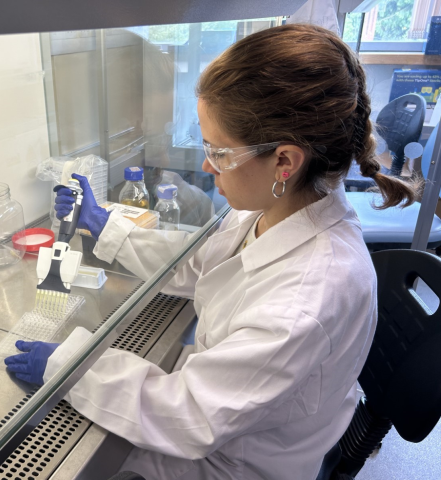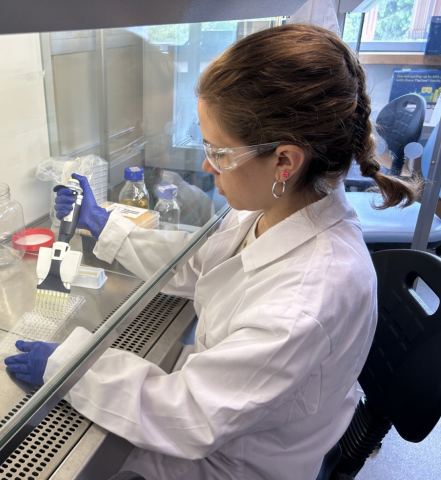
Hospitals are full of vulnerable people fighting diseases. From the very young or very old, to people undergoing cancer therapy or treatment for another life-threatening illness, patients are often reliant on antibiotics to recover, or to prevent their illness from getting worse.
However, antibiotics are becoming increasingly ineffective to treat these life-threatening infections because bacteria are developing the ability to resist the drugs designed to kill them.
Due to the high number of patients in hospitals treated with antibiotics, many of which are unable to treat their drug-resistant infections, the surrounding hospital environment can contain reservoirs of antibiotic resistant bacteria.
The IOI study Burden of Antibiotic Resistance in Neonates from Developing Societies (BARNARDS) investigates the impact of antibiotic resistance on newborn babies. One focus of the study is investigating if the contact of newborn babies with reservoirs of antibiotic resistant bacteria in the hospital environment can cause drug-resistant sepsis.
Maria Nieto Rosado has recently transitioned from a Research Assistant at the IOI to begin her PhD project within the BARNARDS study,

Maria will collect and analyse data from environmental samples in hospitals, to identify the presence of resistant bacteria colonising hospital surfaces – including but not limited to bedside tables, door handles, or patient care equipment. This will help her to understand if there is a potential transmission of resistant bacteria from surfaces to patients, and if these bacteria are also found to cause neonatal sepsis.
A key step in Maria’s research will be to analyse and compare data collected from different hospital sites across low- and middle- income countries (LMICs).
This is important because although data may be collected on the same date at two different hospitals, there are many other factors that can influence how resistant bacteria spread – including local climate, and local cleaning and disinfection practices in the hospitals. This means that levels of AMR can differ across countries, but also between different hospital sites within the same country.
Maria will collect additional information on cleaning procedures and other hospital policies to identify where aspects of infection prevention and control may be lacking, for example – training of staff, distances between hospital beds, handwashing frequency or Personal Protective Equipment equipment usage by healthcare workers.
Translating this research to give hospital-level recommendations is an important aspect of this project. Maria hopes that her research will produce actionable change for hospitals on the ground, although she recognises barriers to this goal.
Some hospitals will not have the resources or staff to implement new infection prevention and control guidelines, so we need to engage with policymakers, hospital boards and care staff on a greater level to enact real change.”

Learn more about IOI research on AMR burden through the BARNARDs study here.
